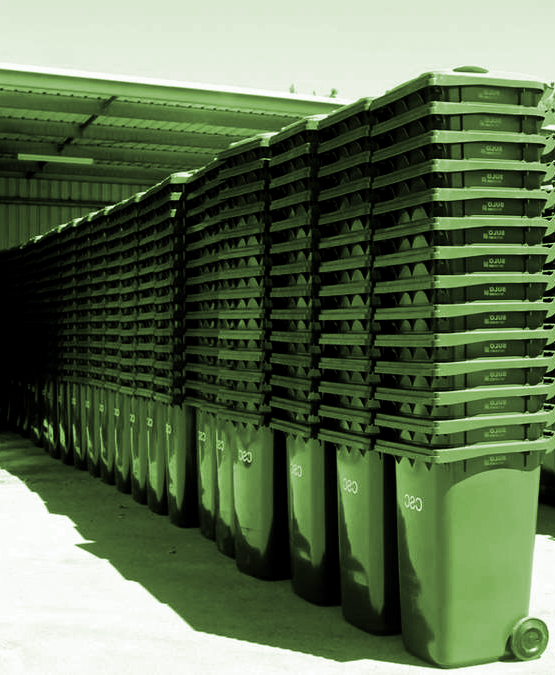LG struggles with bin change
 Councils are scrambling to avoid a recycling crisis, as China’s restrictions on foreign waste materials begins to bite.
Councils are scrambling to avoid a recycling crisis, as China’s restrictions on foreign waste materials begins to bite.
Some Victorian councils are already suspending curbside pickups, and NSW councils are looking for new places to send their waste.
Local Government NSW President Linda Scott has appeared before the Senate Environment and Communications References Committee Inquiry into waste and recycling.
The inquiry was originally sparked by the transportation of waste to Queensland, but has been given fresh impetus by China’s decision to more strictly enforce rules on the acceptance of foreign waste.
The move has the potential to derail the current collection of kerbside recycling for many councils, with some being asked to renegotiate contracts so processors can recoup the increased cost of processing recycling material onshore.
“If the recycling industry in Australia falters then we all lose,” Cr Scott told the Inquiry.
“But this could offer us opportunities – with State and Federal Government support we could develop new regional jobs in a home-grown environmental and recycling industry.”
“Councils in NSW are already seeking support to develop markets for recycled glass, paper and plastics; working proactively to improve the quality of what’s in the recycling bin, and reducing recycling contamination levels.
“But that’s not enough, and councils alone can’t be asked to save the recycling industry in this state.
“There is an immediate need for financial assistance and fast tracking of approvals for on-shore reprocessing and remanufacturing.
“There is also an immediate need for market development such as requiring recycled content in certain products: glass sand for pipe bedding, road base and asphalt, for example.
“But most important is the need to ensure that the hundreds of millions of dollars in waste levies collected from the community each year are fully reinvested to support recycling.”
Cr Scott said the NSW Government had collected $659 million in waste levies in 2016/17.
“Yet our research shows only 18 per cent of the waste levies paid by local government are returned to local government,” she said.
“That’s an enormous limitation on the ability of councils to invest in waste and recycling infrastructure, and it has made NSW tremendously vulnerable to this decision by China.”








 Print
Print